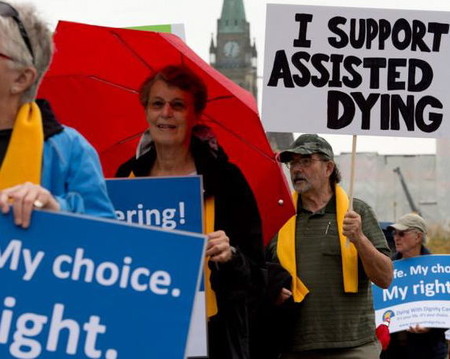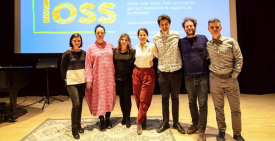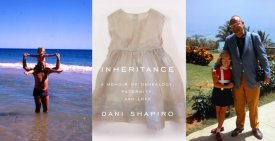This past week, in an historic 9-0 decision, the Supreme Court of Canada overturned the ban on assisted suicide, opening the door to physician-assisted death for Canadians suffering from “grievous and irremediable medical conditions.” Although this landmark court decision comes nearly four years too late for my family, I can’t help but wonder how it would have impacted not only my mother’s death, but also our experiences of grief in the aftermath.
My mother didn’t want to die at 51. But since her terminal cancer had made that a non-negotiable option, she at least wanted to die at home. Specifically, she wanted to die in her favorite part of the house: the sun-drenched family room with views of the tree-lined boulevard outside. Outwardly, I was supportive of her wishes, but privately I dreaded the prospect of having the family home become “The Place That Mom Died.” I worried it would be traumatic and rob me of the sense of peace and safety I felt in my home.
Ultimately, my concerns were moot: On October 12, 2011, she became one of the 45% of terminally ill Canadian cancer patients in Canada who die in hospitals — even though most would have preferred not to take their last breath in an institution.
Related
Each day for more than a year after her death, those last hours in the ICU haunted me. The image of my bald, unconscious mother hooked up to countless tubes and machines was so vivid it made remembering 21 years of happy memories nearly impossible. Even these days, not a week goes by without a moment where I feel like I’m suddenly standing in the shower in my cramped Chinatown college apartment, the 4 a.m. sky still dark outside the bathroom window, and about to head to the hospital to say goodbye to my mom.
This past January, Dan Diaz, husband of the late Death with Dignity advocate Brittany Maynard spoke out after physician-assisted death in November 2014. He said it was “the most peaceful experience you could ever hope for when you talk about a person’s passing.” Although my mother’s death was minimally traumatic as far as hospital deaths go, I would not characterize it as peaceful.
The what ifs race through my mind: How might it have been different had she been given the option to take control over her end of life care? Would we have had the opportunity to involve more people in the process of saying goodbye, making it less something my nuclear family did alone, and more of a communal experience? Perhaps then, would I haven’t felt so alone, isolated and misunderstood in my grief?
Maybe it would have changed everything. Maybe it would have changed nothing. Either way, I’ll never know. Because she never had the choice.
Nicole Bélanger (nicole-belanger.com) is a Canadian writer, speaker, and teacher. Her writings have been published in The Huffington Post, Business Insider, Levo League, and Urban Native Magazine, among others. She tweets @nskbelanger.












